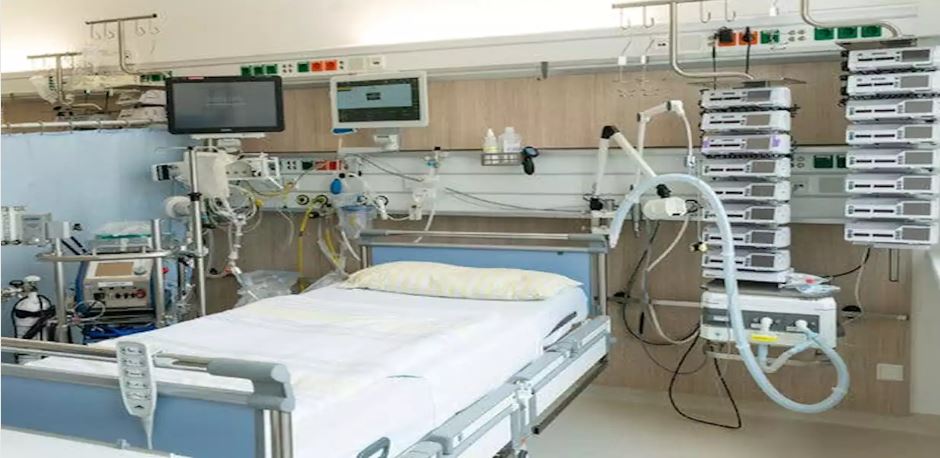The Federal Government are in discussions discussions with Innoson Vehicles Manufacturing Company and other key indigenous vehicle manufacturing companies with a view to producing ventilators in the country, Minister of Industry, Trade and Investment, Otunba Niyi Adebayo, has said.
Ventilator, a key equipment in the treatment of serious COVID-19 cases, has been scarce in the market as most those hitherto in the market had been mopped up by countries battling coronavirus pandemic.
Even in highly advanced countries like the United States, Spain and Italy this critical equipment has been in short supply.
The minister, who updated journalists on #COVIDー19 pandemic and its implications for the manufacturing sector in Abuja, said the government received a proposal from Innoson Vehicle Manufacturing Company to produce ventilators and similar proposals had been submitted by other indigenous auto manufacturers and that the various proposals are being considered.
It appears that Nigeria is poised to leverage ugly situation of coronavirus outbreak to boost her industrial capacity.
President of the Manufacturers Association of Nigeria (MAN), Engineer Mansur Ahmed, disclosed that manufacturers had increased Nigeria’s domestic production capacity for face masks from two million masks in February to 27 million now.
“We are also engaging our indigenous car manufacturers at this time to prepare them to tweak their operations to begin the manufacture of ‘Made in Nigeria’ ventilators – critical medical equipment in the fight against the virus,” he said.
The ministry had last month set up a committee on “the sustainable production and delivery of essential commodities” during the #COVIDー19 pandemic, amongst others.
Adebayo said the ministry had been collaborating with the Manufacturers Association of Nigeria (MAN); the Nigerian Association of Chamber of Commerce Industry Mines and Agriculture (NACCIMA); Nigerian Traders Association (NANTS);and other relevant stakeholders to guarantee unhindered production of essential items like food, medical and pharmaceutical products.
Ahmed said manufacturers had braced the lockdown to ensure uninterrupted production of essential goods, including supply of raw materials.
The industrialist said as imports of essential goods dropped, local manufacturers were trying to bridge the gap by ramping up domestic production.












